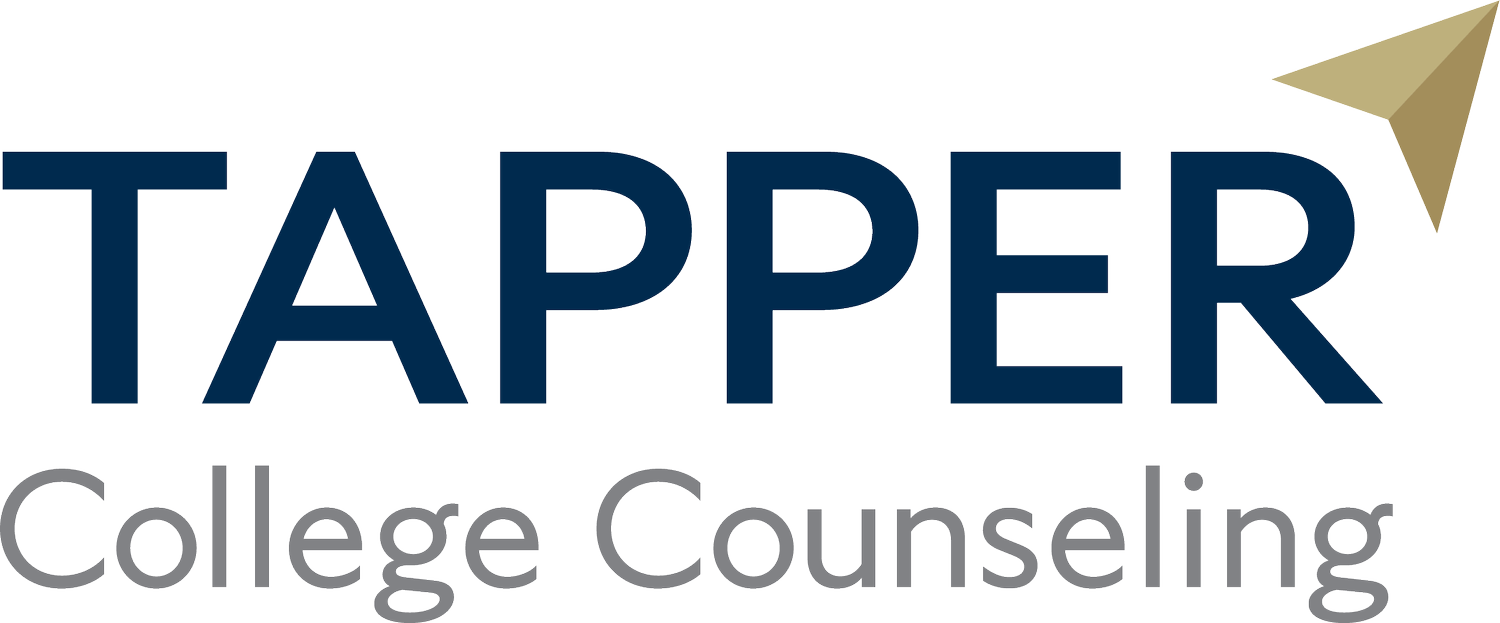Changing Admissions Policies at Popular Public Universities: What Applicants Need to Know for 2025–26
College admissions at some flagship public universities are undergoing notable shifts—including new application plans, revised essay requirements, and evolving review processes. Understanding these changes now can help you shape a stronger strategy.
University of Michigan: Early Decision Arrives
For the first time, University of Michigan applicants can apply Early Decision (ED), committing to attend if admitted. The addition of ED reflects the university’s efforts to manage its yield more effectively and compete with selective private peers that already offer ED. If U-M is your top choice and your family will not need to compare need-based and merit aid offers, applying ED to U-M may be the right decision for you. One downside to U-M adding ED is that gaining admission will be even more challenging for those who do not apply through that binding plan. As for essays, U-M’s “Community” prompt from the 2024-2025 cycle, which asked about belonging to a community and your place within it, has been replaced with one focusing on leadership and asking students to share how they are prepared to contribute to these goals.
University of Virginia: No Supplemental Essay This Cycle
The University of Virginia has removed its supplemental essay requirement for this year’s applicants, except for those applying to the School of Nursing. In past years, UVA required one or more short supplemental essays in addition to the Common App personal statement. While this change is welcome news to those of you with a lot of essays to write by November 1, one downside to UVA not requiring a supplemental essay is that the university—which received over 64,000 applications last year—is likely to receive even more this year, making admissions even more competitive. As always, Dean J’s UVA Admissions Blog provides great insight for those applying to UVA.
UNC Chapel Hill: Earlier Decisions for In-State Early Action Applicants
The University of North Carolina at Chapel Hill will now release Early Action decisions for in-state applicants in late December, several weeks before out-of-state EA applicants receive their decisions in mid-February. This staggered approach underscores the priority that many flagships place on serving state residents. UNC’s approach is similar to Georgia Tech’s, which notifies in-state EA applicants in December and out-of-state ones in late January or early February.
Indiana University Kelley School of Business: Automatic Direct Admission Replaced by Holistic Review
Previously, Indiana University’s Kelley School of Business granted automatic direct admission to students who met certain GPA and ACT/SAT thresholds. Due to the program’s popularity, that policy has been replaced by a holistic review for all applicants, even high-achieving ones. As IU states, the new review process “looks beyond test scores and GPAs—placing greater emphasis on the rigor of high school coursework and a student’s overall potential for success in business. At the center of this process is the Kelley Prospect Inventory (KPI), which allows students to share their academic journey and interest in business with the Kelley Admissions team. Students must complete this form—available in the IU Portal—to be considered for direct admission.” If students apply to IU by November 1 and submit their KPI by November 15, they will receive a decision from Kelley by January 15.
The Ohio State University – Test-Required Beginning with Class of 2026
Ohio State will now require applicants to submit SAT or ACT scores. The university cited research showing that students who submitted scores during its test-optional pilot earned higher grades and were more likely to persist and graduate. Admissions will continue to be holistic, and Ohio State will superscore the SAT and ACT. Compass Education Group provides testing policies and score ranges for popular colleges and universities, as well as a summary of recent testing policy updates. As always, check the colleges’ websites to confirm.
Auburn University – Test-Required Beginning with Class of 2027 and Explicit Preference for Testing Now
Though Auburn has been “test preferred” for the past few years, its stance on test scores is now even more forceful: “Auburn University strongly encourages all applicants to submit official ACT or SAT scores. For Fall 2026 admission only, a very limited number of exceptionally qualified applicants with at least a 3.6 GPA may be considered without test scores. For Fall 2025, the average GPA for students admitted without a test score was 4.2. However, submitting test scores significantly strengthens your application and is the preferred path for admission consideration.” Beginning with the Class of 2027, Auburn will require all first-year applicants to submit ACT or SAT scores.
University of Arizona: From Rolling to Early Action
The University of Arizona has eliminated rolling admissions in favor of a more traditional Early Action process, with a November 1 EA deadline and mid-January decision release date. For most applicants, the primary change is that students will not get decisions as quickly. With Arizona moving to traditional EA, it won’t necessarily be more difficult to get in—at least for the majority of applicants—just that admissions decisions may not be as predictably tied to GPA and test scores.
What This Means for Applicants
Admissions policies at public flagships can change quickly, so review requirements carefully each cycle. Keep track of shifting deadlines and release dates, stay informed on testing policies, and remember that holistic review means factors beyond grades and scores matter. By staying informed and adapting your strategy, you can position yourself to succeed in this evolving admissions landscape. Have questions about these universities or any other part of the college‑planning process? I’m accepting clients in the Classes of 2027 and later. You can contact me here.

